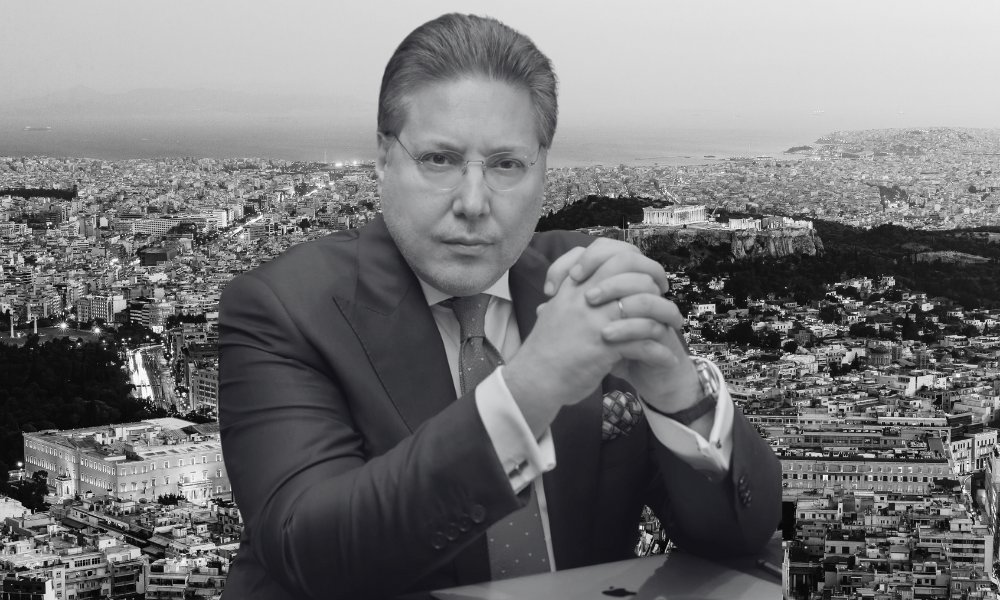Malta’s crypto-asset regulation has been luring crypto-entrepreneurs. They have set up cryptocurrency exchanges and issuers on the island. We explore the innovative legal framework Malta offers and what lies ahead in the Maltese crypto-asset landscape.
Malta a blockchain island
Malta has positioned itself as a ‘blockchain island’. They’ve implemented a regulatory framework designed to attract the crypto market since 2018.
Various players noted Malta’s crypto-friendly environment and sought to make it their base.
Whether early adopters who had made their wealth by ‘holding on for dear life’, mining or set up an exchange as crypto-entrepreneurs – a new class of crypto millionaires emerged.
Even before the new laws were enacted, Malta already was steaming ahead in terms of its positioning as a tech hub. If not for its natural beauty and cosmopolitan lifestyle, for its tax incentives to non-domiciled individuals. Moreover, Malta also offers no wealth, inheritance, estate or gift taxes. Finally, it also applies no capital gains taxes on crypto-assets which is of great importance.
A pioneer in regulating the crypto-asset sector
The Maltese have been pioneers in crypto-asset regulation, albeit with their own teething problems. In 2018 the regulatory framework enacted included unprecedented legislation including the VFAs, MDIA and ITASA.
- (VFAs)Virtual Financial Assets Act
- (MDIA) Malta Digital Innovation Authority Bill
- (ITASA)Innovative Technology Arrangements and Services Bill.
According to a VFA Agents Business Unit within the Malta Chamber – “it [the VFA Act] went beyond high-level principles and vague obligations, and laid out the base for a detailed framework that would go on to regulate service providers such as cryptocurrency exchanges, and issuers of cryptocurrencies.”
The VFA Framework requires a rigorous licensing process which is managed by the Malta Financial Services Authority (MFSA). Each VFA service provider/exchange/issuer is screened by a VFA Agent. If they meet high benchmarks to be deemed fit and proper they obtain their licensed and can operate in Malta.
The VFA Framework itself is currently being aligned with the upcoming “Markets in Crypto Assets Regulation” (MiCAR) legislation proposed by the European Commission. In fact, MiCAR, is said to be based on Malta’s Virtual Financial Assets Framework.
These latest MiCAR regulations were presented in the Digital Finance Package issued by the European Commission in September 2020. It is scheduled to be implemented across the EU next year (2022). As with most new frameworks there will be an 18-month transition period to fully adopt the new legislation.
Read more: Demand for Cryptocurrencies anticipated to grow
AML Concerns over Malta’s Cryptocurrency market
Since Malta enacted its new laws, there have been AML concerns over the regulation of cryptocurrency. Many big names in the cryptocurrency industry decided to set up their exchanges on the island. They found Malta’s regulatory landscape attractive and deemed it the ideal location for their crypto ventures.
But it has not been smooth sailing over the past 2 to 3 years.
Several virtual financial asset service providers and issuers began operations without being fully licensed during the initial 12-month transition period after the laws were enacted. This raised a few eyebrows in Europe’s AML scene.
Numerous AML bodies and regulators grew quite concerned with Malta’s cryptocurrency market. It is estimated that in its transitionary period in 2018/19 about EUR 60 billion in cryptocurrency transactions went via Malta when robust compliance controls were not yet fully implemented.
Adding more pressure to Malta, this June 2021, the Financial Action Task Force (FATF) placed it on a grey list.
Consequently, Malta committed that it would work with FATF and MONEYVAL to enhance its Anti Money Laundering framework. It also acceded to more transparency on beneficial owner data and agreed it would implement sanctions for those not providing accurate beneficial ownership data.
What lies ahead for Malta’s crypto-asset regulation?
What has drawn some of the world’s largest crypto exchanges to Malta?
Its flexible and innovating legal framework gives customers peace of mind that the exchanges are being duly regulated and customer’s assets protected.
It is likely that Malta will continue to be a blockchain hub in Europe as it holds the torch in the regulation of the crypto-asset sector.
EU Members such as France though, are pushing to have the European Securities and Markets Authority (ESMA), based in Paris, take on a supervisory role (ICOs and crypto-asset service providers etc…) – now valued at over 1.2 trillion euros across the EU.
According to the French regulator – Autorite des Marches Financiers (AMF)
“The EU should seriously consider a shift towards a truly centralized supervision of certain categories of entities and activities”
Firstly, having pan-European supervision would inherently change and also level the playing field for EU Member states. Secondly it would also mitigate the competitive advantage one EU jurisdiction’s legal framework may have over another.
However, it is likely this proposal will be faced with much opposition though and not come into effect in the immediate future.
What we can anticipate is countries (slowly but surely) reacting to this financial revolution and adapting their legislation to the evolving demands of the crypto-asset industry. An industry in which Malta has been a ground-breaking force with its innovative policies and progressive legislation.









